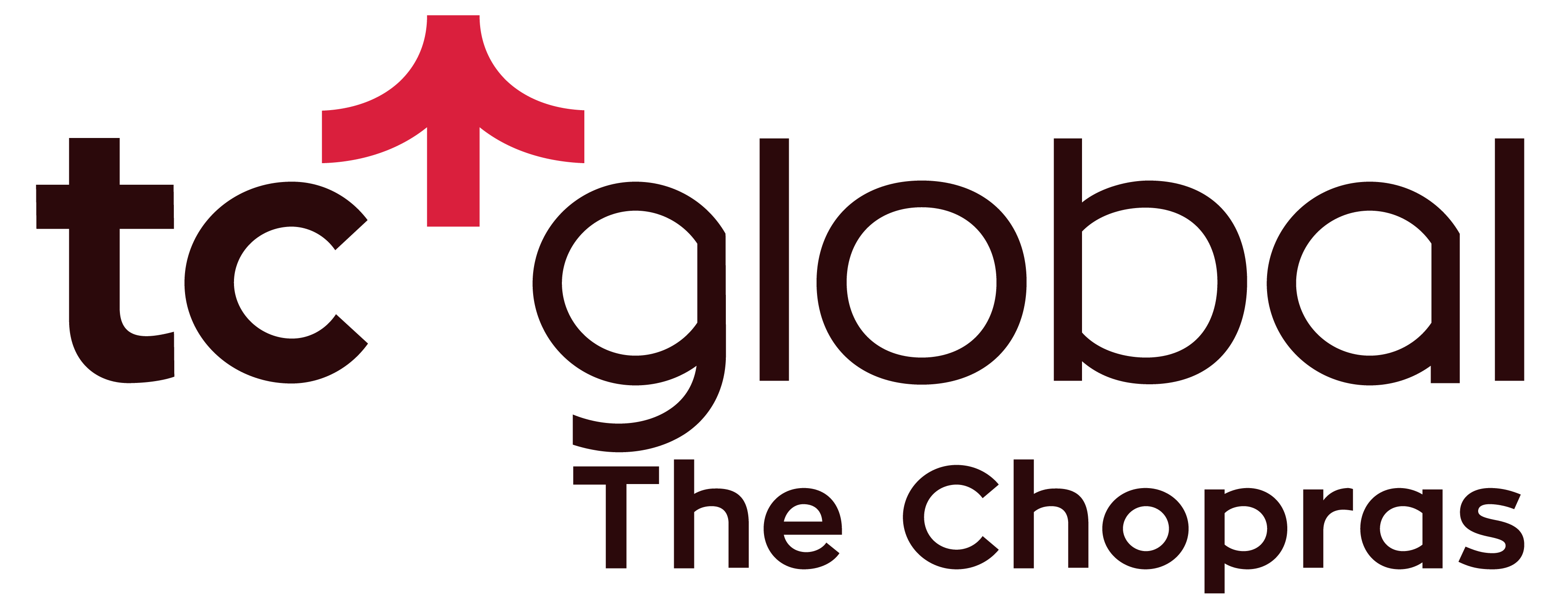When companies start hiring for roles like Director of Wellbeing, it is clear that the profession of Human Resources is undergoing a paradigm shift.
The COVID-induced lockdown has accelerated transformations and brought in, what’s being called, a new normal way of life. Physical offices have given way to virtual workplaces, intensifying the urgency for digitization. And this has brought with it a new set of challenges, as people work from home and businesses try and manage productivity and myriad other issues remotely.
It comes as no surprise then that HR teams world-over are under immense pressure, trying to put together a well thought-out and people-first response to the crisis, while dealing with an overload of information, minimizing disruption of day-to-day business operations and enhancing productivity, and of course, catering to the concerns of an anxious workforce.
According to a report released by American multinational product-led digital corporation, Cognizant ‘Cycling through the 21st century Career: Putting Learning in its Rightful Place’, 73% of workers depend on their employer for support, when it comes to preparing for the future of work.
As a result, the human resource has become the most critical function for any organization in these uncertain and trying times.
But this sudden shift in work culture has brought on new challenges for HR professionals.
How the role of HR has changed lately? Let’s find out!
Table of contents:













